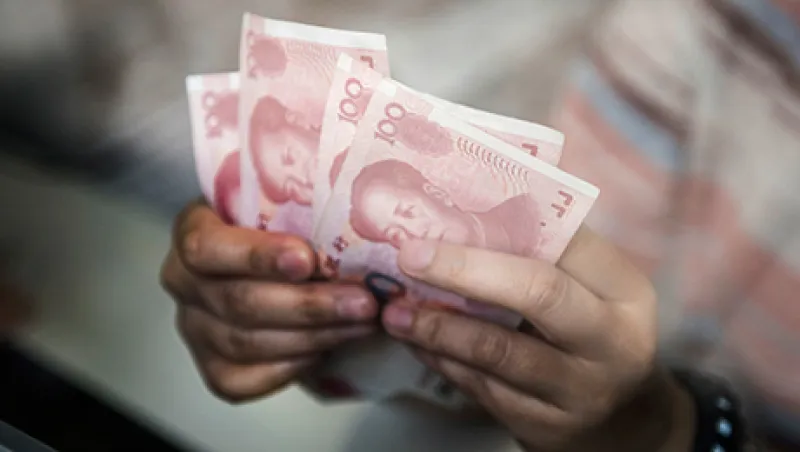
Can China’s Policymakers Regain Their Touch?
Sudden shifts in policy toward the stock market and the renminbi exchange rate have sowed doubts rather than confidence in Beijing’s management of the economy.
Tom Buerkle
August 25, 2015


